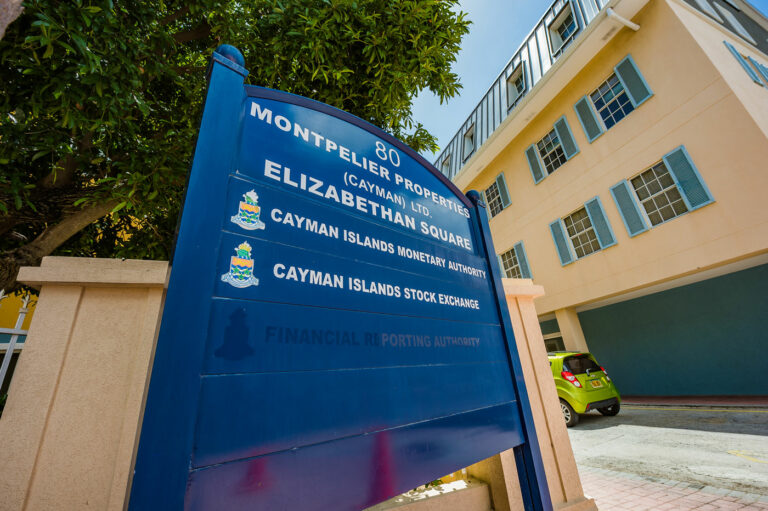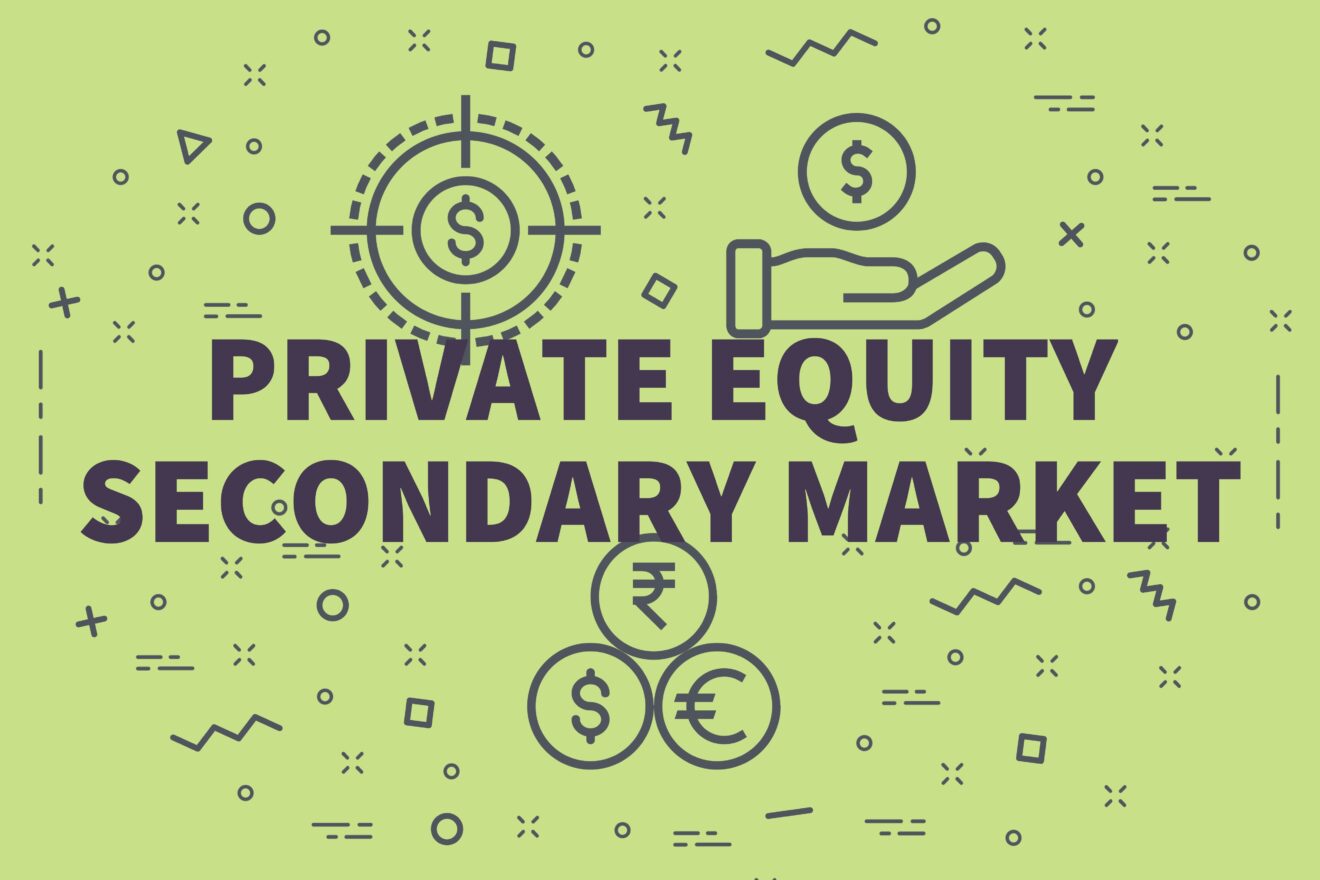
Todd Hazlewood (Clearwater) and Simon Thomas (Campbells)
The Cayman Islands Monetary Authority (CIMA) has issued a new Statement of Guidance on Corporate Governance for Mutual Funds and Private Funds (SOG) and Rule on Corporate Governance for Regulated Entities (the Rule). While the SOG will be familiar to the operators of open-ended funds registered with CIMA as mutual funds, it will be new to the operators of closed-ended funds registered as private funds.
The aim of the SOG and the Rule is to adopt relevant corporate governance elements from the existing corporate governance framework and make enhancements as needed based on a review of international standards, jurisdictional comparison, and regulatory/supervisory needs.
In particular, the SOG and the Rule is intended to replace the existing mutual funds corporate governance guidance with a Statement of Guidance on Corporate Governance applicable to both Cayman Islands mutual funds and private funds.
It is important to note that the specific corporate governance elements captured in the Rule are not vastly different from the existing corporate governance framework in force. The most significant difference between the Rule and the current corporate governance framework relates to the measure’s scope of applicability (i.e., all CIMA regulated entities) which has been largely premised on the basis of greater supervisory enforceability and consistency.
Statement of Guidance
The SOG sets out the key corporate governance principles pertaining to operators[1] of a regulated fund.
Included in the guidance are principles related to the:
Oversight function of operators
The guidance recognises that the operators of a regulated fund hold ultimate responsibility for effectively overseeing and supervising the activities and affairs of the regulated fund. In particular, the SOG notes that:
- Operators should constitute an appropriate number of individual(s) with a diversity of skills, background, experience and expertise.
- Operators should monitor, and regularly take steps to satisfy itself, that the regulated fund is conducting its affairs in accordance with all applicable requirements and take steps to ensure that the fund’s service providers are monitoring compliance with all applicable requirements.
- Operators should require regular reporting from the regulated fund’s investment manager and other service providers.
Management of conflicts of interest
Operators of a regulated fund should have a written conflicts of interest policy in place, commensurate with the size, complexity, structure, nature of business and risk profile of the operations of the business of the regulated fund. The SOG contains additional provisions relating to conflicts of interest than were included in the prior mutual fund-specific guidance, which suggests that CIMA views conflicts of interest either as an increasing focus of its regulation and scrutiny of funds going forward or as a greater risk area specifically in the context of private funds.
Operator meetings
The operators of a regulated fund should convene at least once a year.
Duties of operators
Operators must:
- Exercise independent judgment.
- Make relevant enquiries where issues are raised on matters fully within the scope of the operator’s responsibilities.
- Communicate adequate information to the investors, including any material changes to the funds.
- Act honestly and in good faith.
- Regularly assess the suitability and capability of its service providers.
In addition, the SOG notes general documentation and record-keeping requirements, disclosure obligations and risk management principles.
Most of the corporate governance requirements will already be familiar to operators of regulated funds. However, private fund operators will now need to adhere to the SOG. Private fund operators should invest time and resources to understand and implement the processes and procedures necessary to meet these requirements or look to Cayman Islands independent directors to assist with managing the ever-changing regulatory landscape.
Independent directors are non-executive members of operator boards who are not affiliated with the fund manager. Their primary role is to provide objective and independent oversight of the fund’s operations and to protect the interests of the fund’s investors. The benefits of appointing independent directors in the fund industry have become increasingly apparent in recent years. The increasing frequency of negative market events has highlighted the importance of having professional directors on fund boards to monitor risk and ensure that funds are being managed in the best interests of their investors.
The SOG states that fund operators must always exercise independent judgement and should pay special attention to managing conflicts of interest. An independent director on the board of a fund (or its general partner) is likely to be viewed favourably in relation to a fund’s management of conflicts of interest.
Independent directors can also bring valuable expertise and experience to fund managers, including knowledge of Cayman Islands regulatory requirements and updates, industry best practices and, depending on the independent director’s background, an understanding of the operations of the fund’s service providers.
The benefits of hiring independent directors are clear. The associated fees are generally considered an expense of the fund and board composition can be structured to ensure control is spread appropriately.
Overall, the SOG is a positive step towards improving the quality of corporate governance practices in the fund industry. Engagement of independent directors by funds and their managers to help with these new requirements is likely to become increasingly more prevalent in the private fund context as the fund industry continues to evolve and grow in complexity.
Todd Hazlewood is Managing Director – Fiduciary Services at Clearwater and Simon Thomas is a partner at Campbells.
[1] Pursuant to the SOG the Operator is considered to be the Governing Body of a Mutual Fund or Private Fund, i.e. the Board of Directors (in the case of a company), the General Partner (in the case of a partnership), the manager (in the case of a limited liability company) or the board of trustees (in the case of a trust business).


